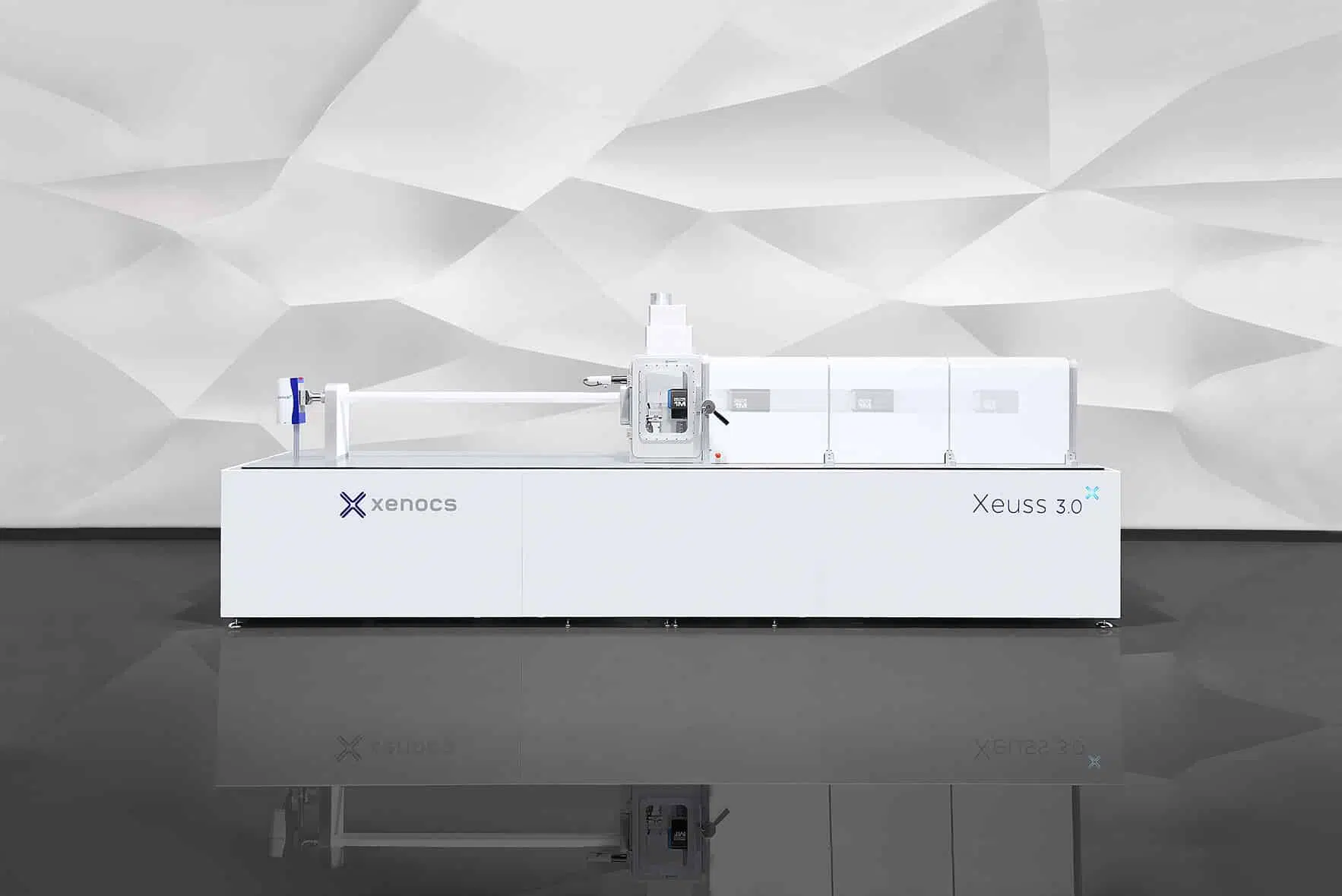Polymer Degradation and Stability, 2017, vol 146pp. 132-139
DOI:10.1016/j.polymdegradstab.2017.10.006
Abstract
The present work aims to understand the specific effects of isolated chemical and mechanical degradation stressors on the morphology and physico-chemical properties of fuel cell membranes. Chemical and mechanical degradation stressors are isolated in two specific, carefully designed accelerated stress tests of fuel cells. Degraded membranes are then extracted and systematically analyzed through contrast enhanced transmission electron microscopy, thermogravimetric analysis, and water sorption measurements. Statistical analysis of the ionomer morphology shows that chemical degradation dilates hydrophilic pores and disintegrate ionomer bundles, while the water uptake per unit area decreases. However, significant ionomer mass loss is found to reverse the water sorption trend, leading to an increased water uptake per ionomer mass unit, in agreement with the dilation effect. In contrast, mechanical degradation merely causes a slight ordering of the morphology and a marginal increase in water uptake due to bulk water residing in membrane cracks formed by fatigue-fracture. Compounded chemical and mechanical degradation effects are therefore considered particularly harmful, given the ability to bridge mesoscale morphological alterations induced by chemical degradation to macroscale damage propagation under mechanical stress cycles, leading to ultimate membrane failure.


































